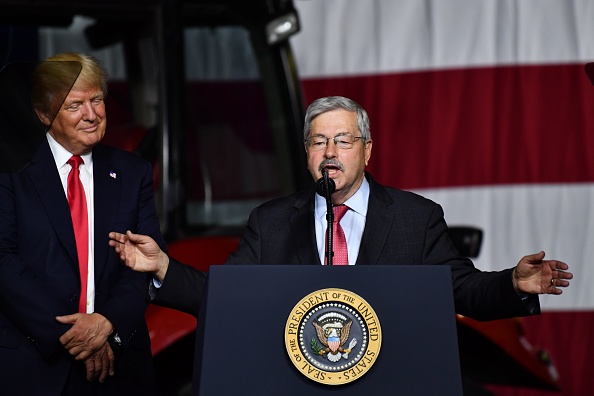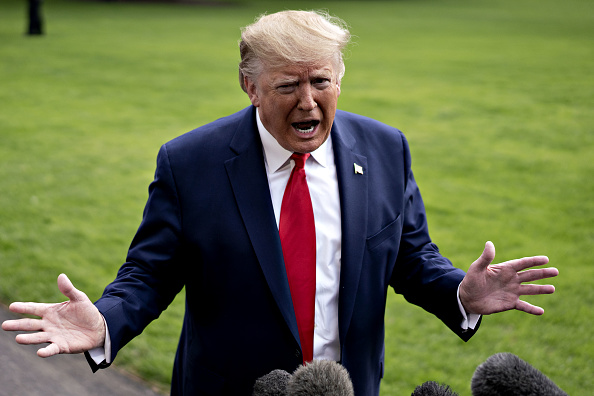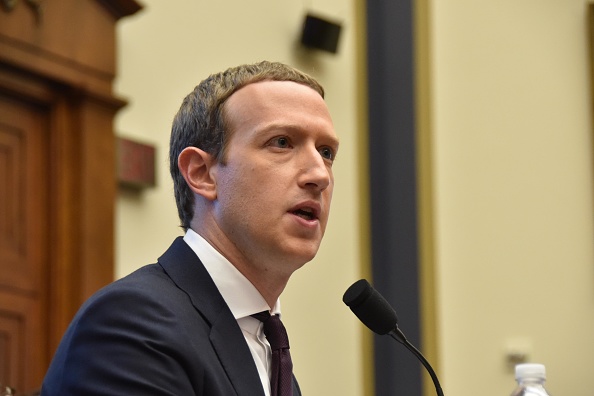
 Weaponizing Diplomacy
Weaponizing DiplomacyU.S.-China relations faced yet another obstacle this week after Washington imposed reciprocity regulations on Chinese diplomats in the United States. Chinese diplomats in the U.S. will now have to notify the State Department before meeting with American local or state officials, or U.S. educational and research institutions, a move that U.S. Ambassador to China Terry Branstad called "overdue." In response, Foreign Ministry spokesperson Hua Chunying accused the US of "setting up obstacles" to bilateral exchange.
The U.S. has long complained that, in China, its diplomats are required to gain permission for travel within China, as well as for meetings with local officials and academics, and the requests are often rejected or cancelled at the last minute. The new measures put forth by the U.S., however, are not as strict, and only asks Chinese diplomats to notify the government of their meetings.
Meanwhile, Beijing has accused Washington of also weaponizing its visa process, after a senior official in a Chinese space program was denied a visa to attend a conference in Washington. The U.S. has rejected the allegations as "unfounded and baseless." China's space program is closely linked to the People's Liberation Army, prompting the U.S. to restrict its cooperation with the International Space Station, and other multinational endeavors.
Amid the heightening US-China trade war, visas remain an area of high tensions, says Doug Bandow in his latest article for China-US Focus. Read more about the "Visa Wars" here.
 Relief on the Way
Relief on the WayThe U.S.-China trade war continues to exact a heavy toll on the U.S. manufacturing sector, worsening what many are calling the global economic slowdown. However, the agricultural sector may soon improve, as China's purchases of U.S. agricultural products may return to 2017 levels before the trade dispute began. The U.S. farmland is a key constituency for President Donald Trump in his 2020 reelection campaign.
Pending the finalization of a partial trade deal, China reportedly has plans to buy around $20 billion of agricultural products annually, with the possibility of sales rising to $40-50 billion, on condition that a final deal is reached and the remaining punitive tariffs are removed. Trump has signaled that he and President Xi Jinping will sign this first deal when they meet in Chile next month for the APEC Summit. In the meantime, the two sides are reportedly close to finalizing phase one of a trade agreement. "Discussions will go on continuously at the deputy level, and the principals will have another call in the near future," according to the U.S. Trade Representative.
 The Tech Race is On
The Tech Race is OnThe Trump administration widely regards China as a national security threat in the technological arena and as new technologies from China emerge, President Trump has set his sights on restricting what American technology can be sold overseas, according to recent reports.. In 2018, Congress passed a law imposing regulations on emerging technologies, and the Commerce Department reportedly will announce restrictions next month on exporting technologies, such as quantum computing, 3D manufacturing, and an artificial intelligence (AI) algorithm.
Also this week, Facebook faced its own scrutiny at a Congressional hearing over its anticipated 2020 release of its proposed cryptocurrency, Libra. Facing harsh criticism over Facebook's credibility, CEO Mark Zuckerberg claims that he will withdraw from the project if U.S. regulators don't allow it, but warned that any delay to Libra's release could result in the U.S. losing leadership to China in the world of digital assets. Many observers believe China, which announced that it was embarking on its on centrally controlled digital currency in 2014, views Libra as a possible threat to establishing its own leadership of global financial transactions systems.
Google has meanwhile announced that it has developed a quantum computer that can solve a problem in 200 seconds, whereas it would take the world's fastest supercomputer 10,000 years, marking a huge development in quantum technology that could advance AI, medical technology, and cryptography. If the claims are true, Google will have blown past China in the quest for "quantum supremacy", although China may still be poised to overtake U.S. achievements in the field in the near future, which Washington officials fear could make its communications unhackable. Nonetheless, heralding Google's achievement,and attributing its success partly to the Trump administration, Ivanka Trump tweeted proudly "It's official the USA has achieved quantum supremacy!"
Prepared by China-US Focus editorial teams in Hong Kong and New York, this weekly newsletter offers you snap shots of latest trends and developments emerging from China every week, while adding a dose of historical perspective.
- 2019-10-18 Economic Shudders
- 2019-10-11 A “Big Day of Negotiations”
- 2019-10-04 Birthday Celebrations
- 2019-09-28 A World Split in Two?
- 2019-09-20 Another Round
- 2019-09-13 Olive Branch or Olive Twig?
- 2019-09-07 The Unwinnable War?
- 2019-08-31 “Sorry, it’s the way I negotiate”
- 2019-08-23 Tit for Tat
- 2019-08-17 Slowdown Ahead?
- 2019-08-09 Yuan on the Rocks
- 2019-08-02 Ratcheting Up the Crisis
- 2019-07-26 Playing Defense
- 2019-07-19 “Stain of the Century”
- 2019-07-12 Whichever Way the Wind Blows
- 2019-07-04 A Gentlemen’s Agreement
- 2019-06-28 A Truce on the Horizon?
- 2019-06-22 Three’s A Crowd
- 2019-06-14 Battle for Hong Kong
- 2019-06-07 Panda Diplomacy